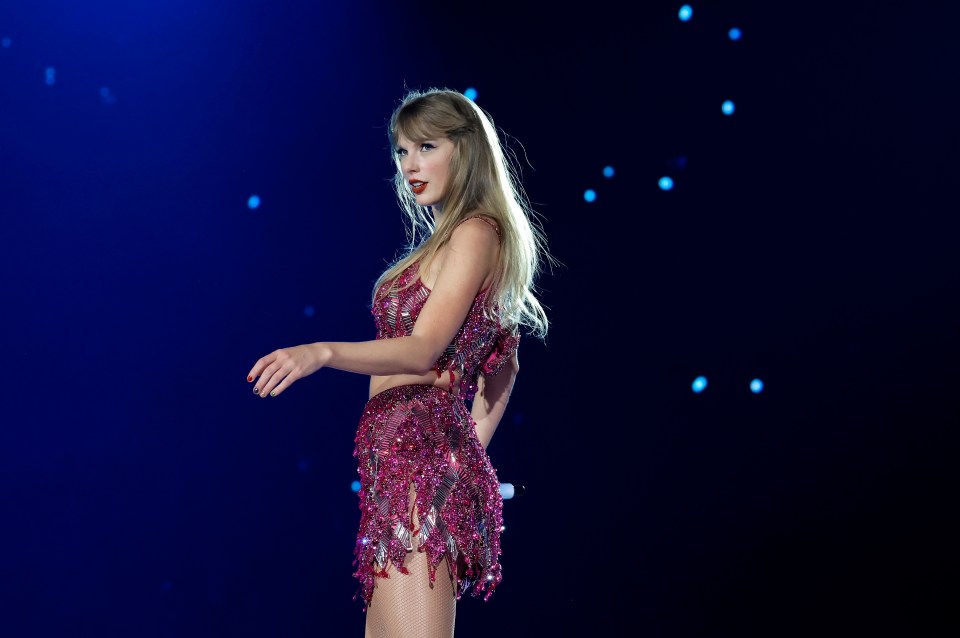Viagogo exec: The noise doesn’t bother us – we just want fans to get through the door

Perhaps fittingly for a man whose professional career has revolved around getting fans into live events, occasionally at contentious prices, Cris Miller is in London for a ballgame. Specifically, the rare sight of a Major League baseball game in the capital – with the Cubs and Cardinals duking it out over the weekend a few thousand miles from home in Stratford.
For Miller, the managing director of Viagogo and former senior exec at Stubhub, it’s a chance to press the flesh with execs from the league and various teams – toasting Viagogo’s renewed partnership with Major League Baseball as the sport’s ‘authorised ticket marketplace.’ It’s all very cosy and mutually beneficial, and a far cry from the secondary ticket market of old.
Sports and music fans will remember the cries of ‘tickets, buy or sell’ as they exited Tube stations before events; usually blokes, usually carrying a surprising number of fifty pound notes, usually with the vibe of someone you wouldn’t want to buy a second hand car off. Viagogo – and Stubhub, now under the same umbrella in the US – has made that market more visible, more transparent and – as a result – more controversial.
“The secondary ticketing marketplace has been around since the beginning of live events,” Miller tells me in a rare interview, relaxed in a polo shirt in City A.M.’s offices.
Does the criticism – one music website describes Viagogo as the “fuck-you-all ticket touting platform” and MPs have lambasted the platform for allowing the listing of Harry Potter theatre tickets for thousands of pounds above face value – bother him?
“We focus on our most important metric which is fulfilment. So for us making sure that the fans that use the service both on the buy side and the sell side, we just enable it to all go smoothly,” he says. That sounds like a no, but Miller does admit there is still “an education” to do.
That underplays it – the firm is dealing with the threat of regulatory battles all over the world, though in the UK the government has finally confirmed it won’t be pursuing any further regulation of the industry. As far as Miller is concerned, “what we’re doing is ultimately beneficial. If it wasn’t a successful service, if it wasn’t effective, if it wasn’t helping fans get into the events, then we wouldn’t have a service.”
Some ticket promoters don’t agree: fans who’ve bought tickets on secondary platforms have been barred from attending events, much to Miller’s consternation. To him, it’s anti-competitive, antiquated behaviour.
FANS OR BROKERS?
Philosophically, many would agree with Miller’s basic free market principle: “once you own a ticket, it’s yours and you can do what you want with it.” Where the frustration arises, at least judging from media scrutiny and social media storms, is when unscrupulous sellers seem to be able to use the platform for more shady practices.
So-called ‘speculative selling’ – for which two Brits were sentenced in 2020 – includes listing tickets above face value, and only then buying the actual ticket (at a lower price) once the higher priced ticket is sold. There are other criticisms of ‘bot’ technology, with software programmes punching their way to the front of the queue when tickets go on sale.
Miller is alive to the challenge. The firm has invested a huge amount in fraud prevention, and red flags are written into the platform’s tech stack, the kind of protection for fans that he says was never available when Viagogo’s forebear Stubhub began.
It’s your ticket, and once you own it, you can do what you want with it
Cris Miller, Viagogo
“When (Stubhub) started, the market was really inefficient and it was pretty fraught with fraud. There was a number of websites that popped up that had no intent on delivering a ticket taking money up front. There was a lot of scams that we saw. So our entire purpose was to bring order to a market that exists with or without us. The alternative is much worse for fans.”

Miller may be right that the criticism if over-egged, but it’s unlikely to stop. Tickets to see Taylor Swift at Wembley next year go on sale in July – and it’s a fair assumption that within a few hours, many will end up on Viagogo at sky-high prices. Whether there is similar criticism of Ticketmaster, who will also be charging punchy fees for every transaction, is an open question. Miller seems to know what’s coming.
“People get really fixated on the top 2 per cent of these events that take place. It’s the Taylor Swifts – it’s not the normal. There are these anomalies where there’s a wild imbalance between the demand and supply. Taylor could do 10 shows at Wembley and probably still have a huge resale market,” he says.
“And it’s not as if there’s an overwhelming cornering of the market done by ticket resellers. Let’s use Eurovision recently: 75 per cent of our sellers were first-time sellers. And so there is a lot of misperceptions, and we have a responsibility to communicate that more effectively.”
PLUSSES AND MINUSES
Miller’s point is perhaps best made by scrolling through the tickets on offer. Two tickets for day one of this week’s Ashes test at Lord’s are going for £431 a pop, some way above the £160-odd face value. Two tickets for the second of Major League Baseball’s games in London, however, are running below the price you’d have paid if you’d gone through the primary market.
In short, Viagogo’s created a ticket marketplace, in which you can in 99 per cent of cases trust what you’re buying. It’s us or the touts in the sheepskin coats might not be what politicians and regulators always want to hear, but it’s hard to argue with.